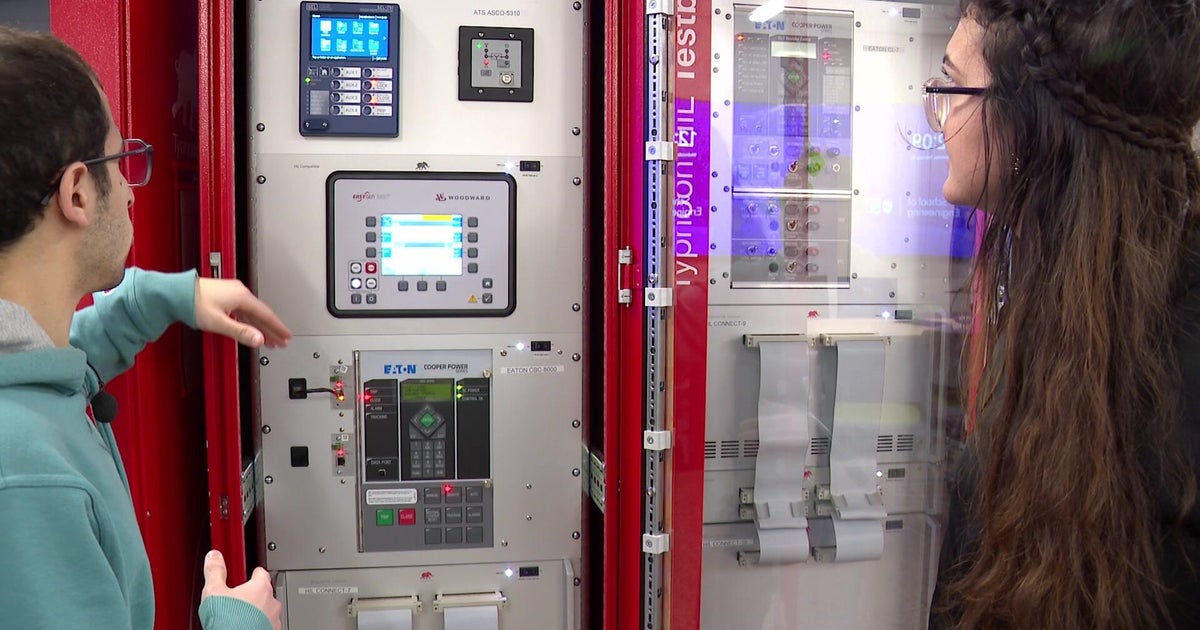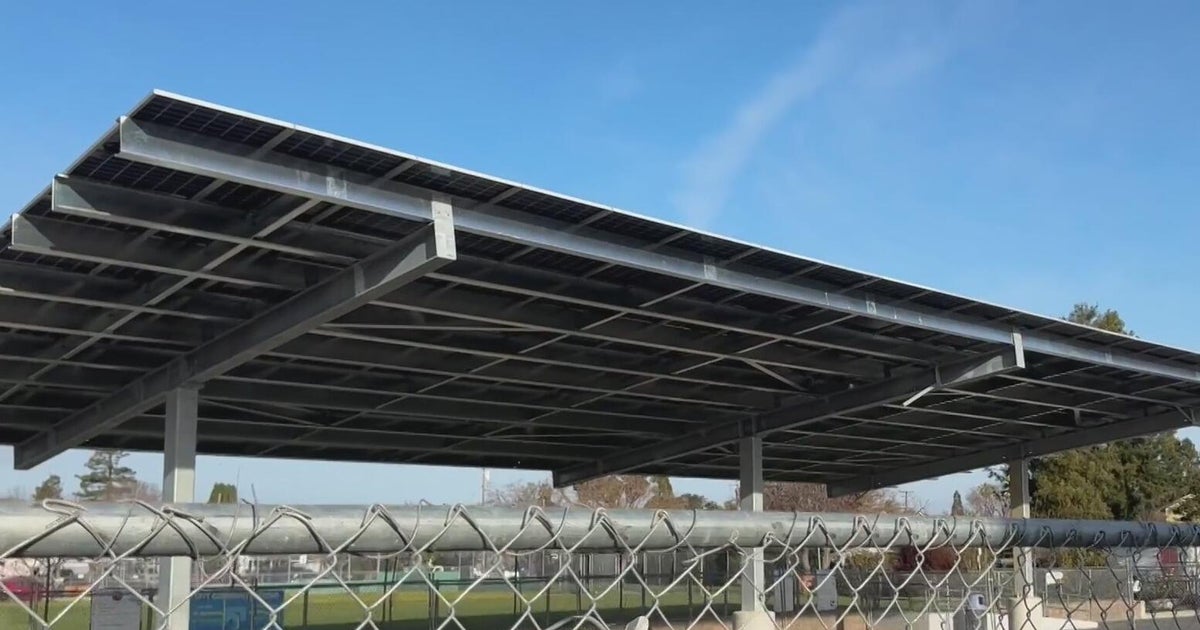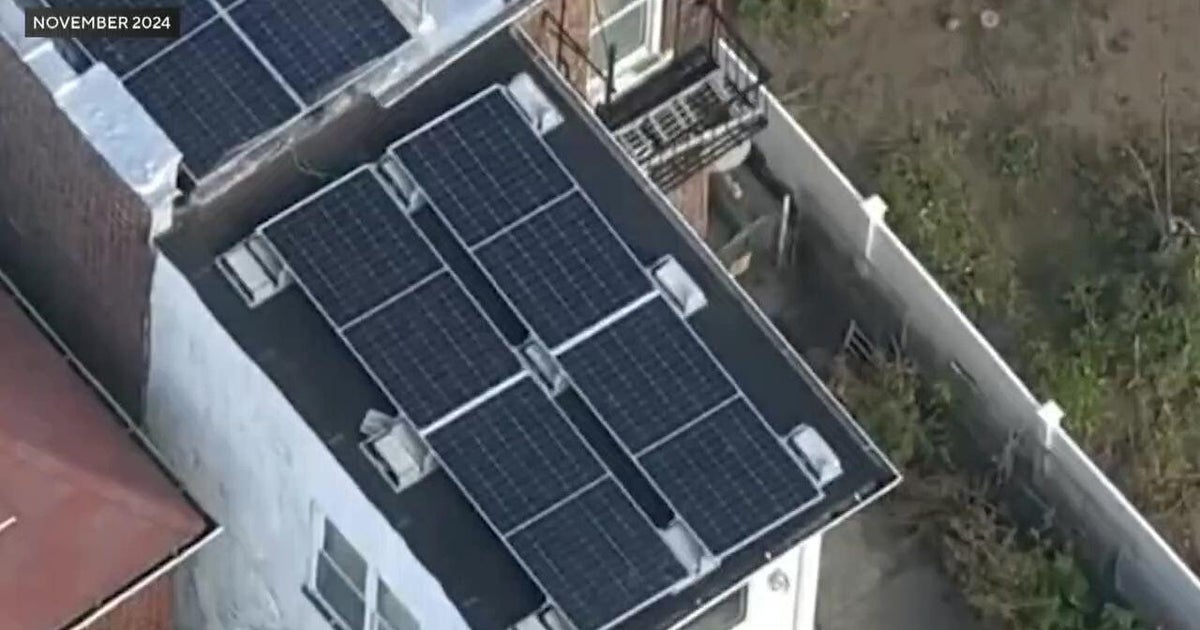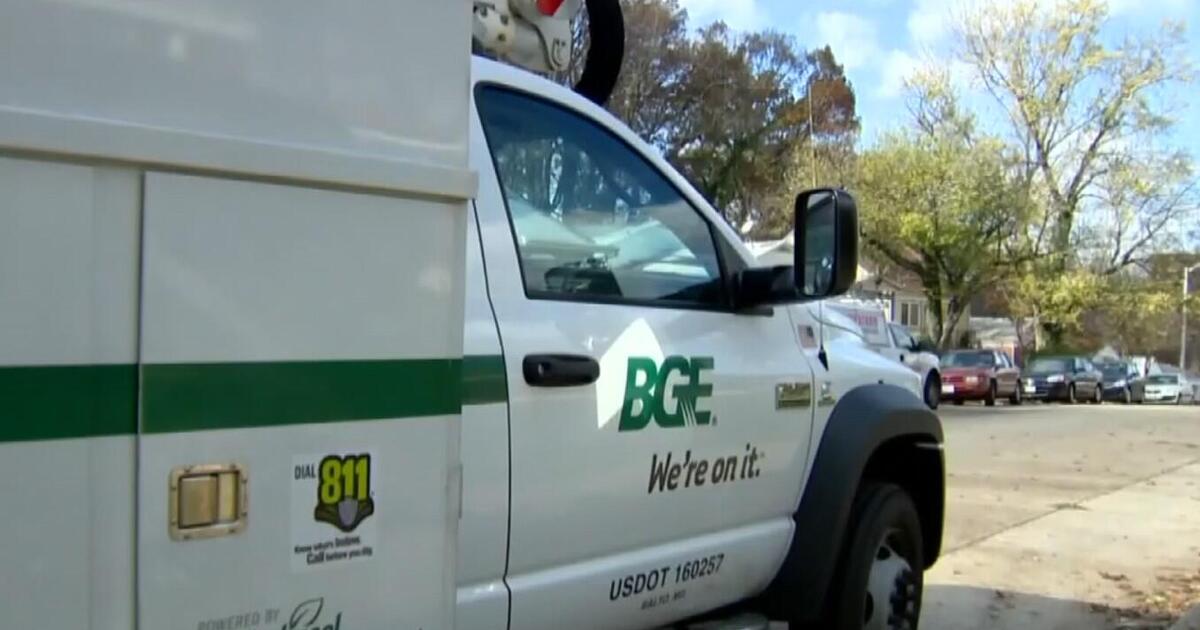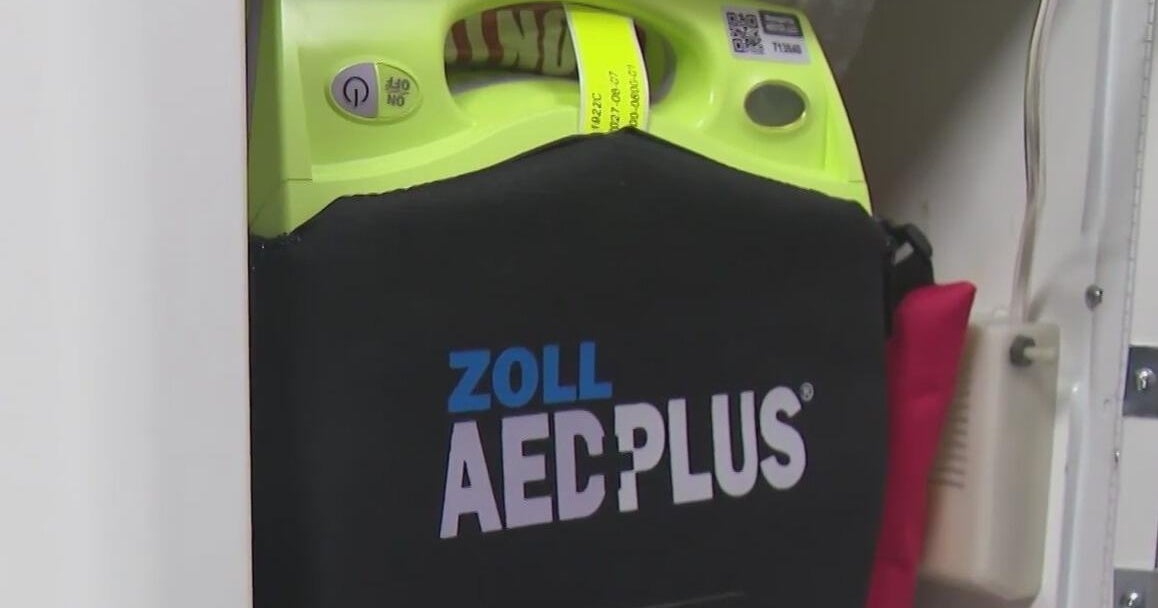Grid Congestion Caps Rooftop Solar Ambitions In Northfield
NORTHFIELD, Minn. (AP) — The explosive growth of community solar projects to meet demand from Twin Cities customers is curtailing clean energy options in a southern Minnesota college town.
Northfield, about 40 miles south of Minneapolis, is home to Carleton and St. Olaf colleges and around 20,000 residents, whose strong interest in clean energy is reflected in a solar adoption rate three times the state average. The city passed a climate action plan in 2019 that calls for eliminating carbon emissions by 2040, in part through the expansion of rooftop solar.
But grid congestion from a flurry of community solar projects is threatening those ambitions, forcing homeowners to abandon solar plans because of steep fees for equipment upgrades to connect to Xcel Energy's system.
Xcel has long warned regulators that interconnection spots outside the Twin Cities are reaching capacity. Minnesota's community solar law limits developers to selling subscriptions in the same or adjacent counties to where the projects are built. Northfield is in the largely rural Rice County — just south of Dakota and Scott, two of the state's most populous counties — making it a prime location for community solar, with 39 MW of projects complete and another 40 MW in development.
"We are starting to see congestion in some areas of the state, including Northfield, as more distributed energy resources, like customer-owned systems, rooftop solar and community solar gardens connect to our grid," the utility said in a statement.
Northfield sustainability program coordinator Beth Kallestad said the problem came to her attention after learning about two homeowners who abandoned projects after being asked by Xcel to pay $8,000 and $16,000 for equipment upgrades before they could connect their rooftop panels to its grid.
Minnesota's interconnection rules place financial responsibility for any necessary upgrades on distributed energy producers, a group that includes homeowners adding solar to their rooftops. "What Xcel is doing is following the rules, but it doesn't work well for our residents," Kallestad said.
The interconnection expenses have prompted solar companies to stop seeking new customers in the area. A countywide solar program that planned to use bulk buying to reduce residential installation costs recently closed after it couldn't find solar installers to submit bids.
Peter Murphy, program director for the Midwest Renewable Energy Association, said it had never run into a jurisdiction having too little capacity to attract a solar developer. Clean energy companies said they were not interested in the bulk-buying program because they did not want to deal with homeowners likely to face expensive fees caused by distribution barriers, he said.
The association planned to use Xcel's capacity map to give clients an idea of whether they might incur additional costs, but even that strategy failed to impress installers because of the lack of current capacity data.
"The feedback that we got from sellers is that (the problems are) more widespread than we thought," Murphy said. "It's also quite costly, which we knew, but the fact of it being widespread was the problem."
Xcel also does not calculate distribution upgrade costs until months after homeowners apply. Xcel said it cannot determine whether customers will need upgrades until completion of studies, and "this can take some time."
Faribault, another Rice County city, also has several neighborhoods without any capacity left to add clean energy, according to Xcel's capacity map. Faribault city planner Dave Wanberg praised Xcel's work with cities on energy planning, but he worries that grid congestion could hamper initiatives such as adding more electric vehicle charging stations.
"It seems like an opportune time to discuss how we address these issues," Wanberg said.
Michael Allen, president and CEO of All Energy Solar, said his company operated a successful discount solar program in Northfield several years ago and called the city one of his best markets. He spoke to Midwest Renewable Energy Association about the bulk buying program before deciding it carried too much risk.
"It would be really hard for us to do a program like that knowing that reality is probably 70% to 80%, maybe 90% of the customers that want to go solar are going to be required to incur some additional expenses to upgrade the grid," he said.
The issue has drawn state lawmakers' attention, and they have incorporated a potential solution into pending legislation. A stakeholders group and the Public Utilities Commission have begun to study several potential solutions, including possible carve-outs for smaller systems and cost-sharing approaches.
The Minnesota House is considering a bill permitting Xcel to tap $550,000 from the Renewable Development Account to improve Northfield's distribution system. The development account's budget comes from annual fees Xcel pays in return for permission to store nuclear casks at its two nuclear facilities in Minnesota.
One potential solution would identify the available capacity for additional renewable energy and set aside 25% for smaller-scale systems. "This would avoid the situation we're seeing in Northfield and other areas of the state where larger projects have essentially taken all the space on the local grid, precluding smaller projects from being installed without incurring prohibitive upgrade costs," Xcel said in a statement.
Secondly, the utility proposes pooling together applicants to share the cost of interconnection upgrades. "Those costs would be spread over all Community Solar Gardens, rooftop and other customer-owned systems so that no single customer has to bear the cost," it said. The utility also said the capacity maps will be updated quarterly starting in summer.
David Shaffer, executive director of Minnesota Solar Energy Industries Association, believes that other communities will soon share what Northfield and Rice County are experiencing: "It's ground zero for what might be a more common problem in the future."
The nonprofit news outlet Energy News Network provided this article to The Associated Press through a collaboration with Institute for Nonprofit News.
(© Copyright 2021 The Associated Press. All Rights Reserved. This material may not be published, broadcast, rewritten or redistributed.)
